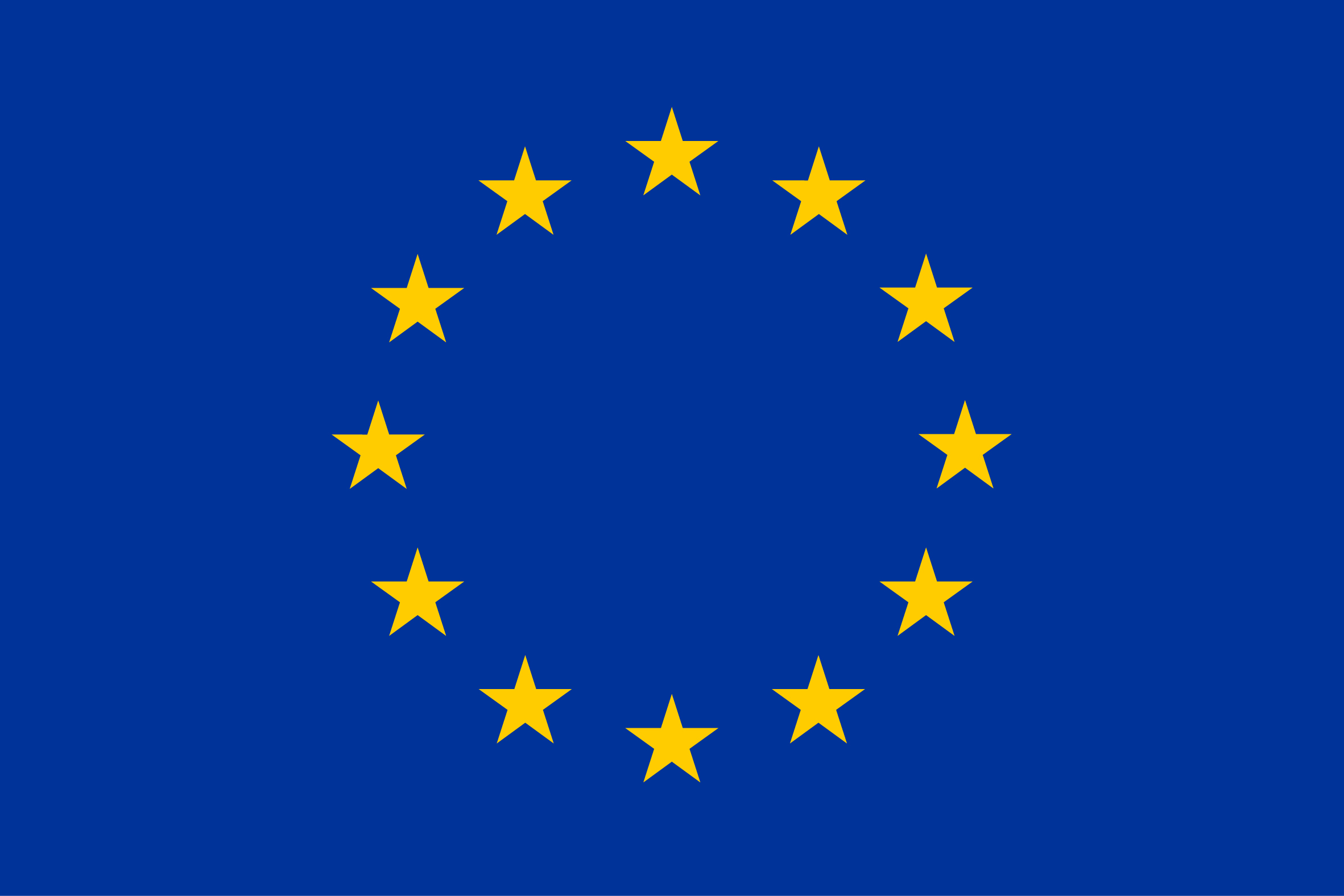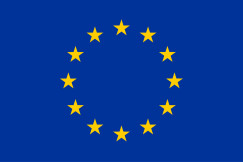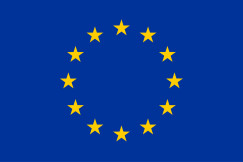Legislation
28 March 2025
Codex Alimentarius Commission
Legislation
28 March 2025
1. Healthy, balanced and sustainable diets for all European consumers
2. Prevention and reduction of food loss and waste
3. A climate - neutral food chain in Europe by 2050
+4 more
Login / create an account to be able to react
-
17

All EU countries are members of the Codex Alimentarius Commission. In 2003, the EU also joined, sharing competence with EU countries depending on the level of harmonisation of the respective legislation. Decision 2003/822/EC describes relevant working procedures and constitutes a legal basis for accession of the EU to Codex.
Editorial team
European Commission - DG SANTE
Topics
EU-27
EU Institutions
-
CoC aspirational objectives
-
-
1. Healthy, balanced and sustainable diets for all European consumers
-
2. Prevention and reduction of food loss and waste
-
3. A climate - neutral food chain in Europe by 2050
-
4. An optimised circular and resource-efficient food chain in Europe
-
5. Sustained, inclusive and sustainable economic growth, employment and decent work for all
-
6. Sustainable value creation in the European food supply chain through partnership
-
7. Sustainable sourcing in food supply chains
-
Share
The Codex Alimentarius (or food code) is a joint programme of the FAO (the UN's Food and Agriculture Organisation) and the WHO (World Health Organisation), which lays down food health standards that serve as a reference for international trade in foodstuffs.
Since 1994 and the entry into force of the WTO Agreements on Sanitary and Phytosanitary Measures (SPS Agreement) and on Technical Barriers to Trade (TBT Agreement), the legal relevance of the Codex standards has increased. Indeed these two Agreements make reference to those standards, meaning that the latter are used as the basis for the evaluation of national measures and regulations.
At present, all Member States of the European Union (EU), and, since the end of 2003, the European Community as such are members of the Codex Alimentarius Commission, which is the body in charge of updating the Codex.
Decision 2003/822/EC concerns the application of the European Community to accede to the CAC, achieved in 2003. It is accompanied by a declaration on the exercise of competence between the European Community and its Member States and by the text of the Arrangement between the Council and the Commission regarding preparation for meetings and statements and the exercise of voting rights within the CAC.
The Codex Alimentarius Commission develops and adopts food standards that serve as a reference for international food trade.
Objectives
- Protect consumers' health;
- Ensure fair practices in international food trade;
- Coordinate all food standards work done by international governmental and non-governmental organisations.
WTO members applying the Codex Alimentarius standards meet their obligations under the World Trade Organisation Agreement on Sanitary and Phytosanitary Measures (SPS Agreement).
List of the Codex Alimentarius 189 members and 241 observers.
The list of EU position papers under relevant CODEX Committees can be found here.
Related regulations:
- Council Decision 2003/822/EC on the accession of the European Community to the Codex Alimentarius Commission
Comments (0)
See also
-
5
Nutrition and Health Claims
- Categories
- 2. Prevention and reduction of food loss and waste 3. A climate - neutral food chain in Europe by 2050 4. An optimised circular and resource-efficient food chain in Europe +3 more
-
17
Regulation on aid compatible with the internal markets
- Categories
- 2. Prevention and reduction of food loss and waste 3. A climate - neutral food chain in Europe by 2050 4. An optimised circular and resource-efficient food chain in Europe +3 more
-
5
Barriers to trade
- Categories
- 2. Prevention and reduction of food loss and waste 3. A climate - neutral food chain in Europe by 2050 4. An optimised circular and resource-efficient food chain in Europe +3 more




